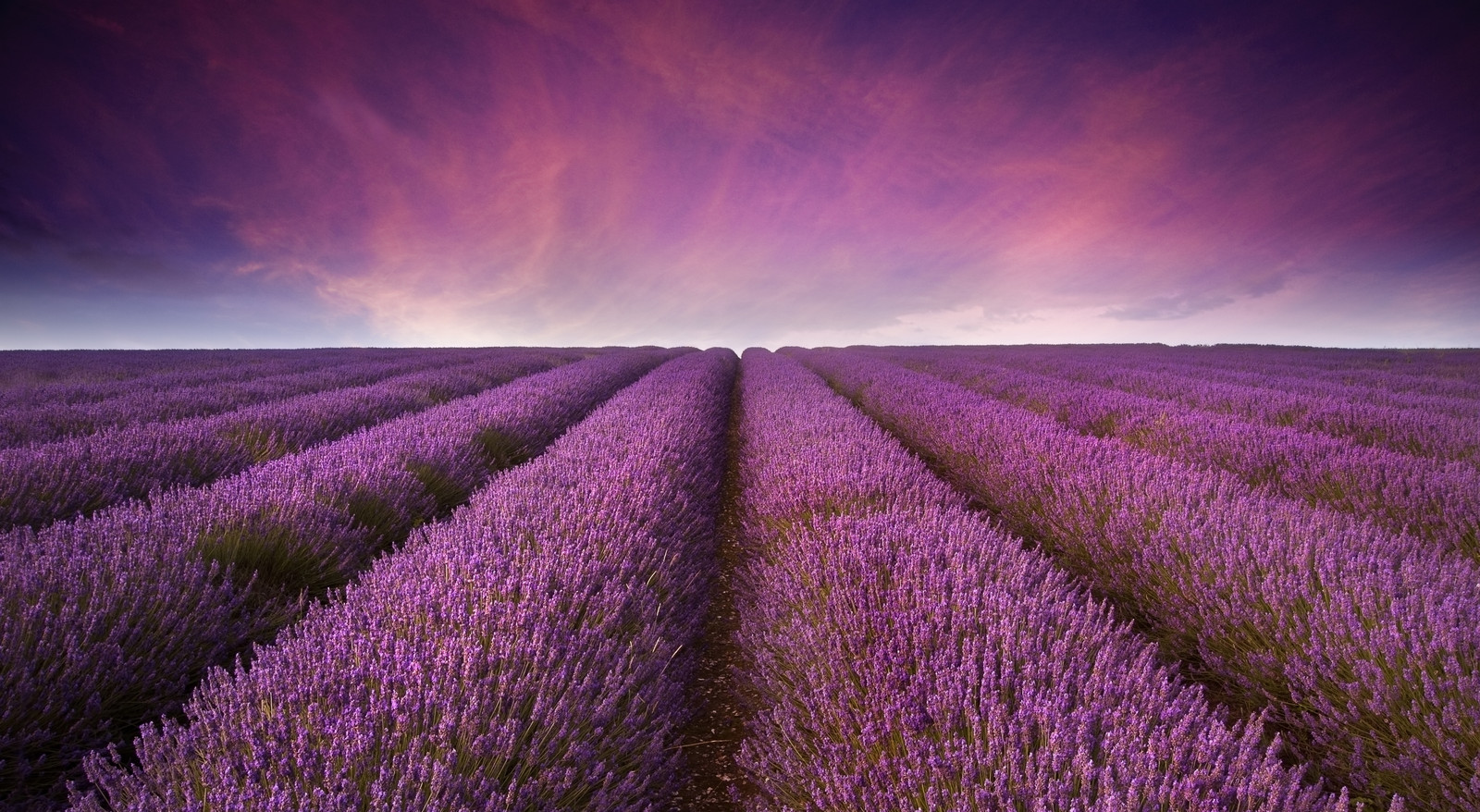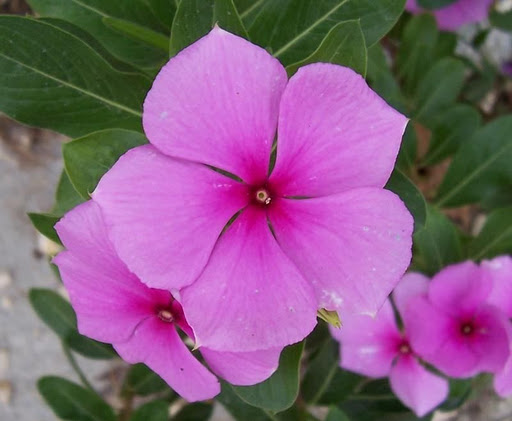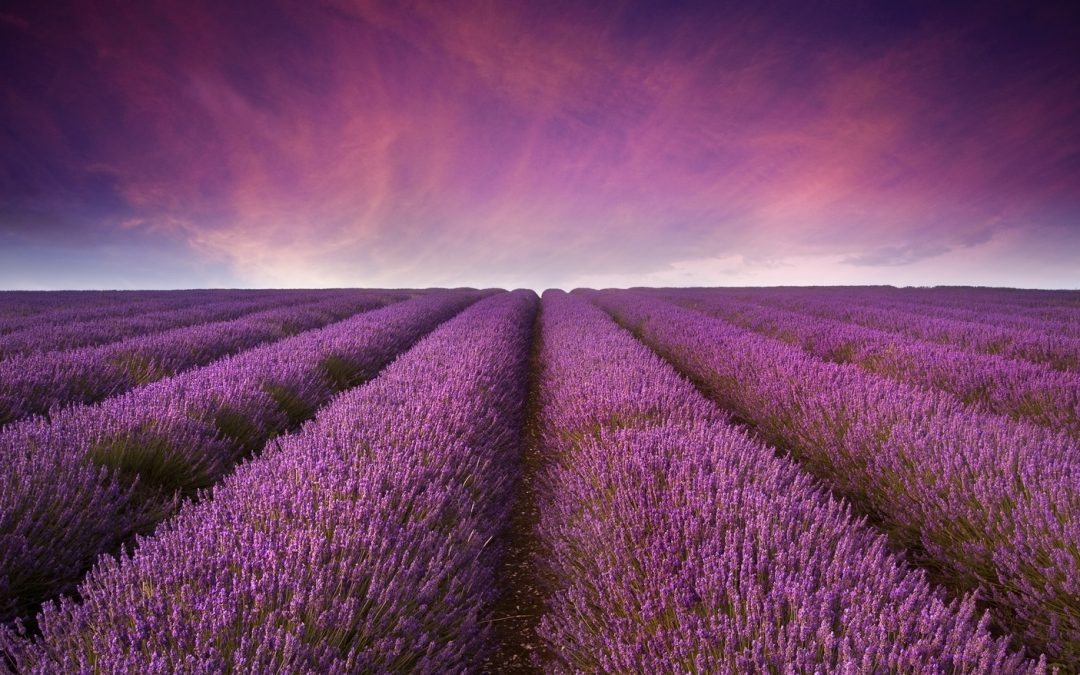
The same is true for essential oil use. What evidence is there for an essential oils effectiveness? When using a particular essential oil, what evidence supports the use of this oil for the purposes you are using it for? There is lots of information about essential oils floating around. Not all accurate and true. I am not trying to be negative, only encourage people to be knowledgeable and safe.
It is important to point out that essential oils are also very concentrated. More than I think we realize sometimes. For example, according to Aromatherapy Materia Medica-Essential Oil Monographs by Dorene Petersen, it takes 3000 lemons to make 2.2lbs of essential oil. 2.2 lbs equals approximately 997 mls. That is almost 1 liter. This equals about 5 lemons in each 15ml vial of essential oil. That is a lot of lemons!
Just because it is natural does not always mean it is safe.
An example- Vincristine. Also known as Catharanthus roseus (family Apocyanaceae). It is a beautiful flower found in nature. Did you know it is used as a cancer drug that works in childhood leukemia patients? Too much and it can make you very sick, the right amount and it can help fight the cancer. There is a fine line between the right amount and too much.


So where do you get evidence, resources that are reliable and safe?
I would begin with PubMed and journal articles. This is where the research is being done, the evidence is being gathered. Specific questions are being asked, metrics are being used, and qualitative information is being discovered. It is important to note that when reading journal articles, read the entire article, not just the abstract. An abstract is only a highlight, but it is up to you to read the information and make a decision for yourself. Do you agree with the authors?
Another great place are books. One of my favorites is Essential Oil Safety by Tisserand and Young. Its main focus is safety information, scientific evidence along with some of the chemistry. E. Joy Bowels and the Chemistry of Aromatherapeutic oils is another. These books delve into a deeper side of essential oils. There are many wonderful books out there. If you are going to use essential oils, I urge you to spend some time delving deeper into the history and science.
Research institutes that have a focus on aromatherapy. A few examples include the University of Maryland Medical Center and the National Center for Complementary and Integrative Health. Often these institutes will post information and links to aromatherapy information.
Professional Aromatherapy Organizations such as NAHA (National Association for Holistic Aromatherapy) and AIA (Alliance of International Aromatherapists) often have seminars and books that are useful. These sites can also help you find an aromatherapist if you should ever decide to consult with one. Both AIA and NAHA put out a quarterly journal with information about things happening in the community, as well as articles and seminars and webinars.
Aromatherapy colleges and schools. The American College of Healthcare Sciences (ACHS) has a page dedicated to articles that contain eBooks and white papers. Other examples include the Tisserand Institute, Aromahead Institute, and Atlantic Institute of Aromatherapy.
Some websites that I have found very helpful are Aromaweb- established by Wendy Robins a certified aromatherapist through ACHS. Another site great site is Using Essential Oils Safely created by Lea Harris a graduate from Aromahead Institute and a certified aromatherapist. Her main focus is education and safety when using EO’s.
Several data bases of adverse effects of essential oils are being compiled. This is really important as there is a need to better understand the negative effects of oils in real life situations. I am excited about this as I hope in the coming years it will become a valuable tool in better understanding negative effects. The two available are http://aromatherapyunited.org/injury-reports/injury-reports-2016/ and http://tisserandinstitute.org/safety/adverse-reaction-database/
There are many more great educators, institutes, centers and books out there than I have mentioned. The more you do your research, the more you will learn and be able to decipher fact from fiction. It is important to point out that not everyone in the aromatherapy community agrees. It is true that there are gray areas, but I would say, leave the gray areas to the professionals. Those that have been trained and understand the benefits and risks. If you are unsure if something is safe it is wise to proceed with caution. Safety should be first. Always consult with your physician if you are unsure or have a medical condition.
I hope that these resources will be useful and help you to explore the use of essential oils safely.


